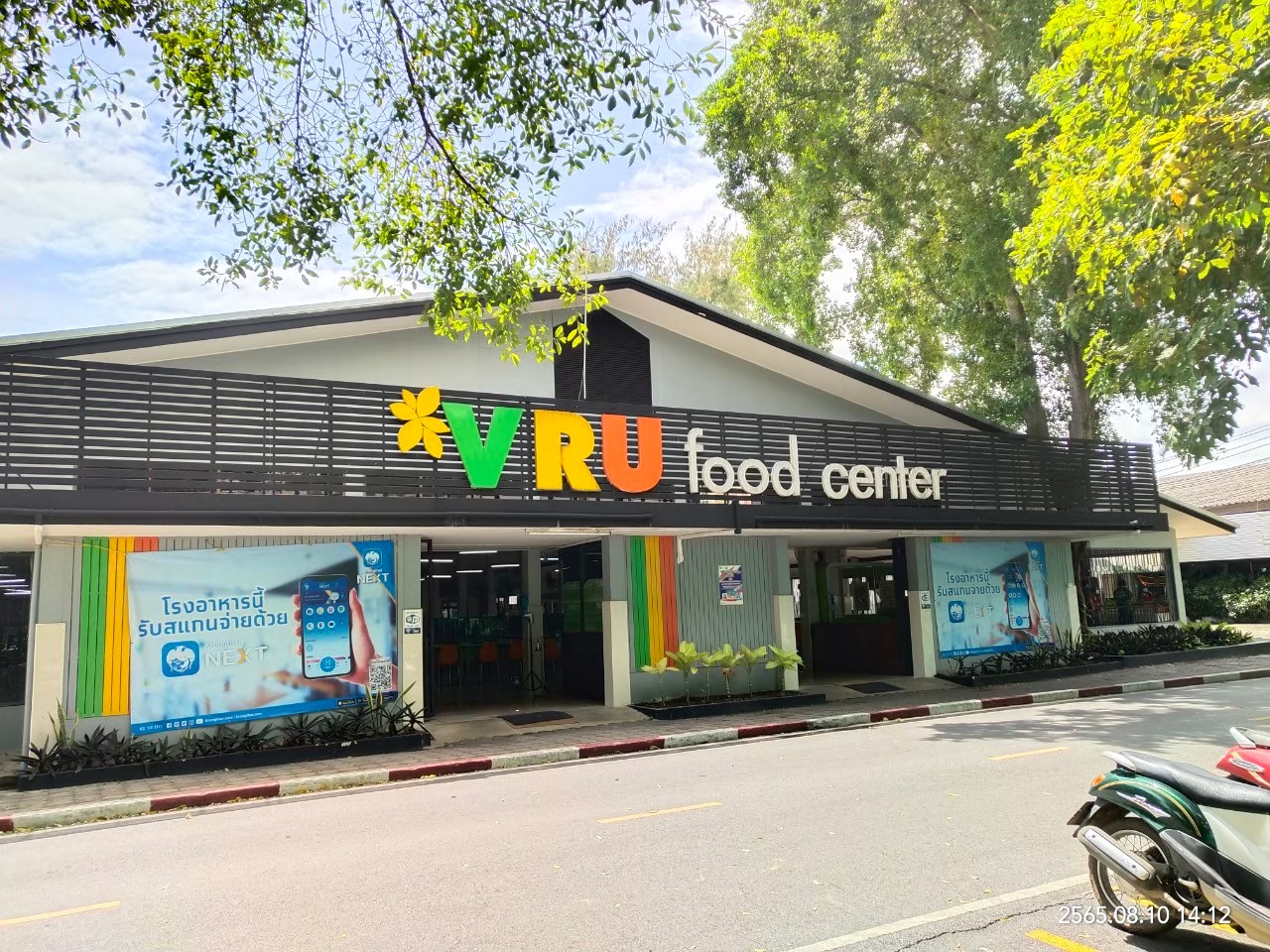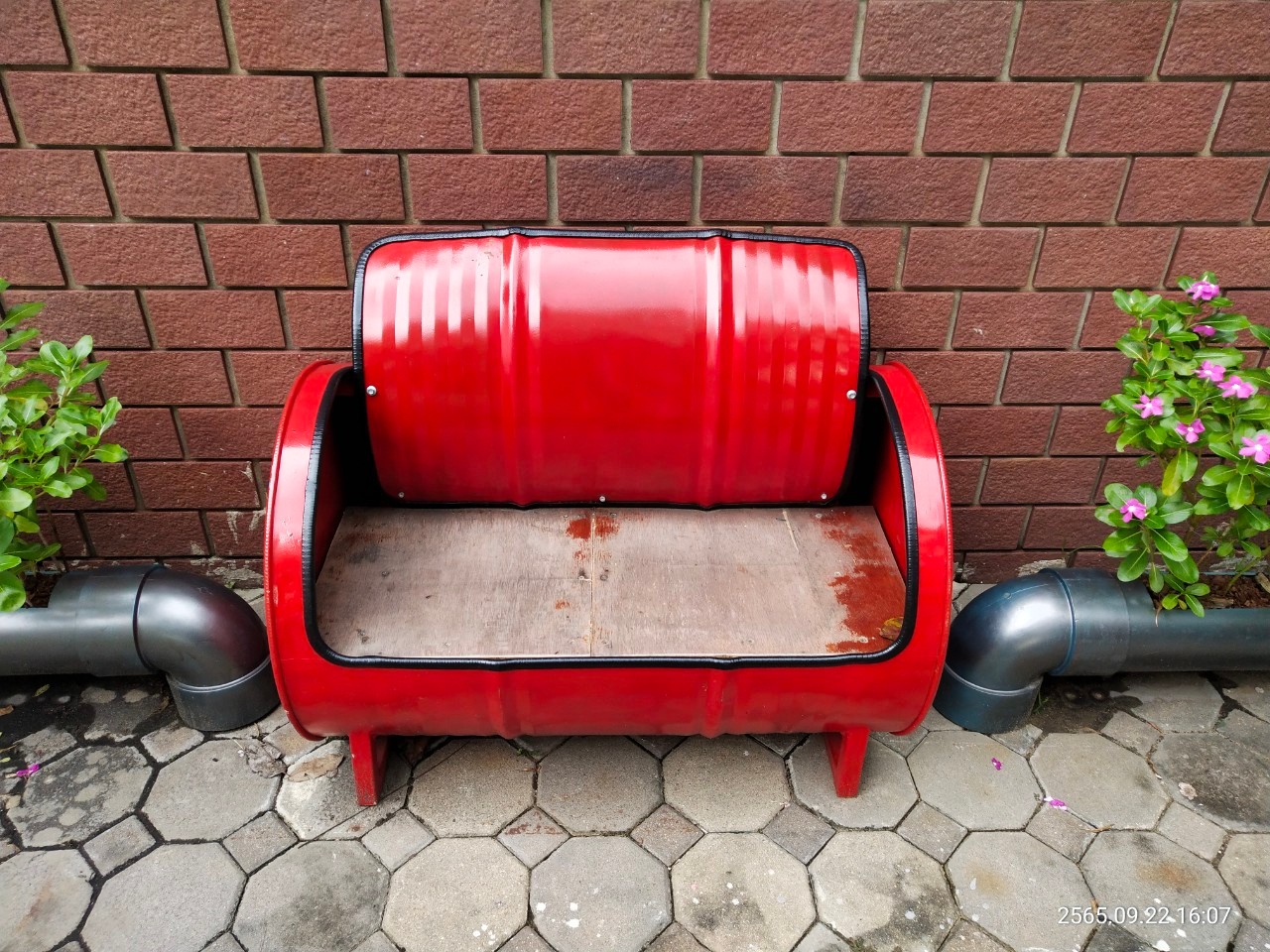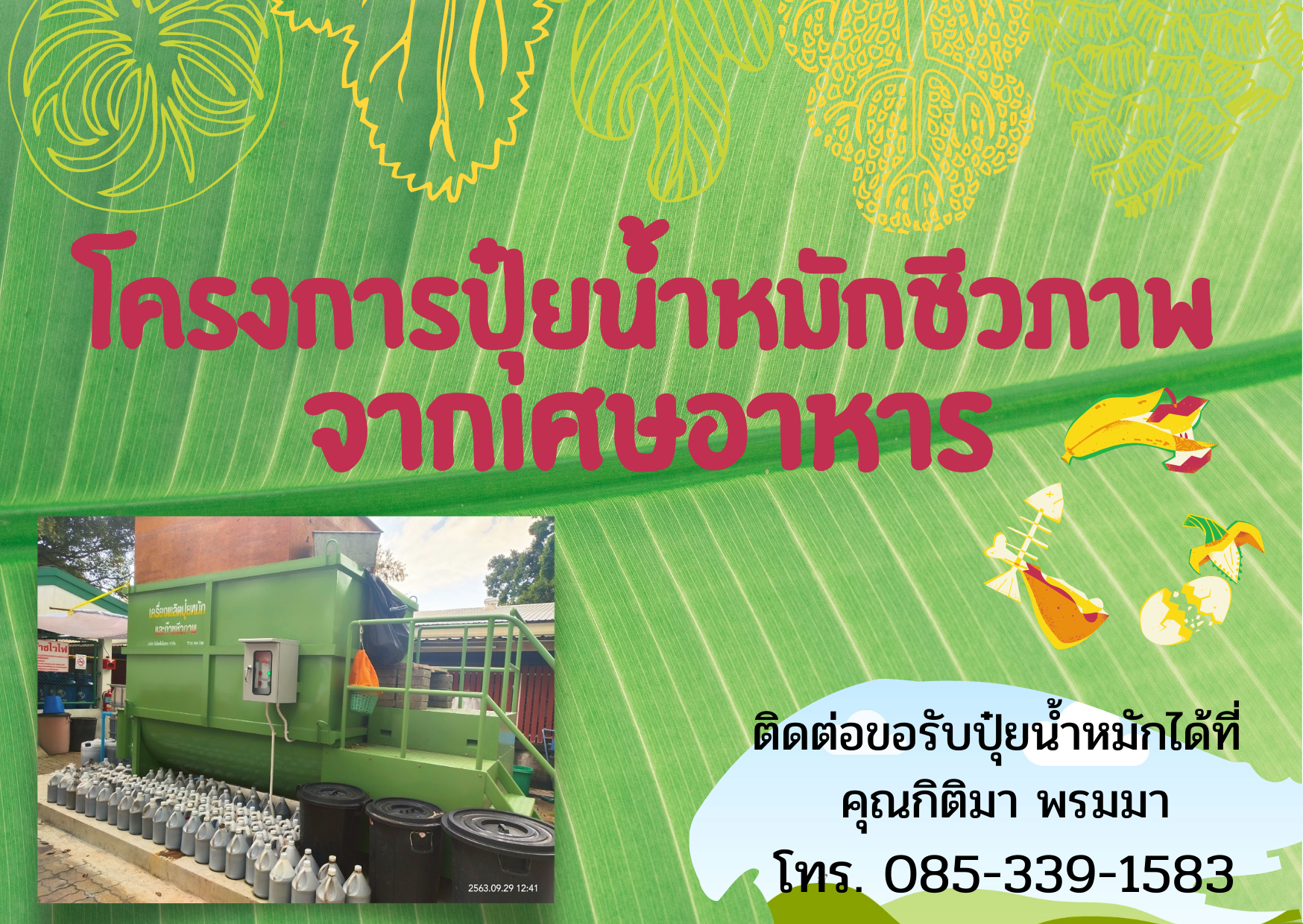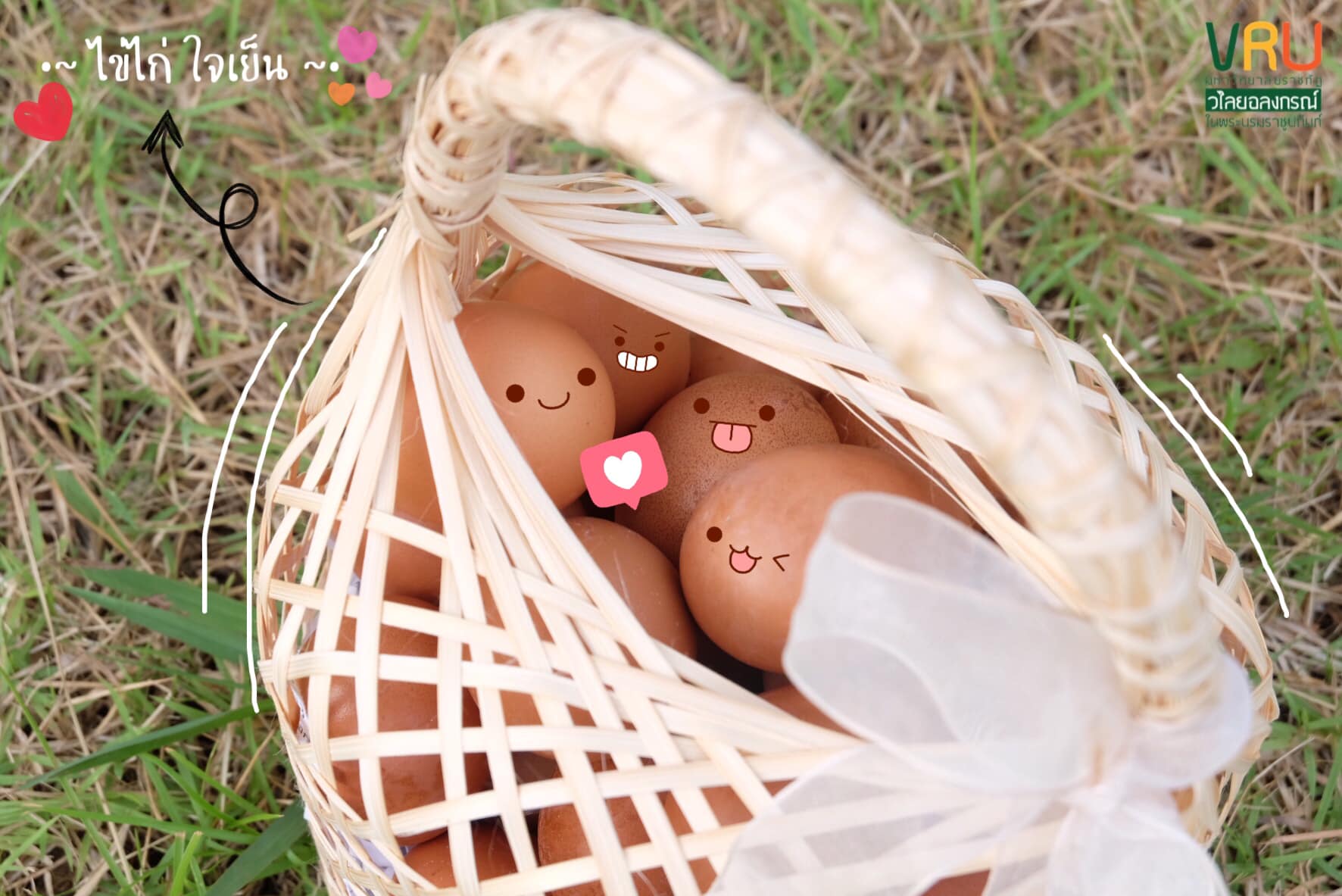
Realized the importance of waste treatment which arising from many activities
12.4 Publication of sustainability report SDG 12: 2022
In 2022, Valaya Alongkorn Rajabhat University Under the Royal Patronage (VRU) realized the importance of waste treatment which arising from many activities at the university and a lot of occurred waste. The university has promoted all staffs and students to share the responsibility for environmental conversation by initiating the projects and activities related to the waste treatment and recycling. The university has organized the activities to change the habits of using materials or resources of staffs and students. The purposes of the activities are created environment friendly behavior of staffs and students to reuse waste or leftover the materials by the following 3Rs. Reduce: reduce using materials which cause the wastes. Reuse: bring back the used materials to be used again. Recycle: processing the leftover materials and used again.
The “Recycle Bank” this project is a recycling waste disposal project. All parts in the university collected the recycle waste to sell to the bank and return will be kept in a recycle account book. The recyclable waste will be sold to the dealers for processing into reusable materials. Recycle Bank deposits can be separated to 4 types such as papers, glasses, metals and plastics.
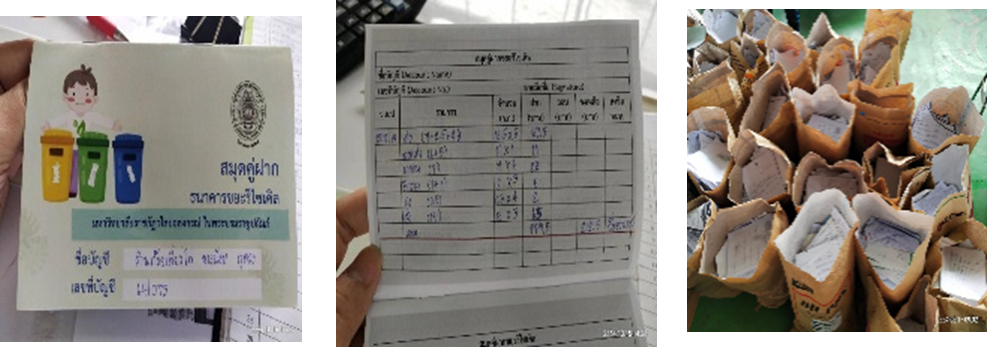

Fig 1 “The “Recycle Bank”
Program to reduce the use of paper and plastic on campus: The university has implemented the policies and methods for reducing paper and plastic usage for the goal that is to create a friendly living environment by inviting to do many relevant activities. The university has cooperated with convenience stores, restaurants and cafés to apply for reducing a single used plastic bags and disposable products. Therefore, the university organize a campaign on using of fabric bags and plastic bags reusing. The university aware about food packaging product issues especially, the foam boxes. Therefore, the university request to the seller at canteen to reduce and discard foam boxes consumption and find other materials that is environment friendly to replace such as using the biodegradable products. All departments in the university use the information technology for replacing the paper work system such e-office system or in the name of e-saraban and ERP. This system is used as a channel to transfer knowledge, information and communication between each other. The benefits of this system are prompt operation, budget, manpower saving, reducing workflow and replacement of paper works.
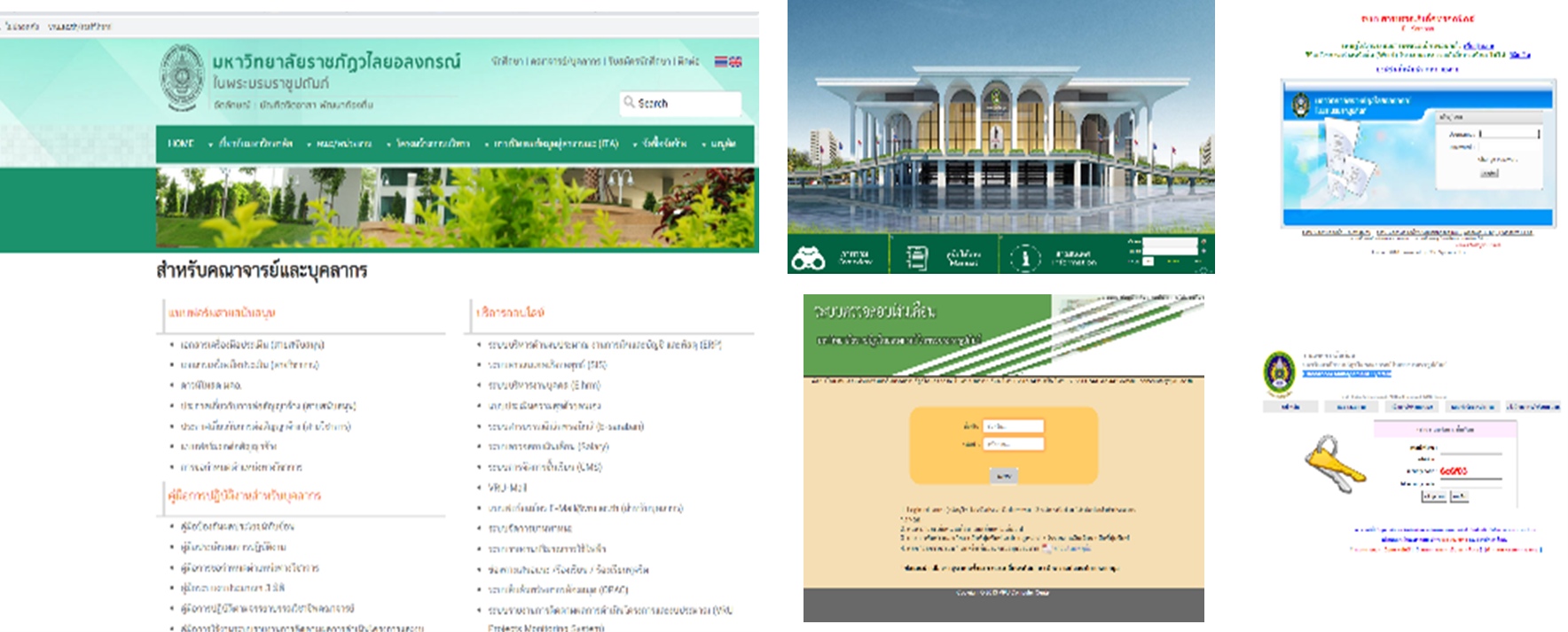
Fig 2 Electronic Service: ERP, E-saraban, E-salary, Classroom Management System
Organic waste treatment: More than 50% of all solid waste is organic waste such as food waste, vegetables, fruits and weeds. The organic waste could be made to a value by fermentation. In addition, it can also help for reducing problems of waste management including the disposal costs for landfilling the waste. Biogas and liquid fertilizer project, this project is the management for organic wastes from canteens, restaurants and cafés for reducing food waste and used the received fertilizer for tree soil maintenance in the university.

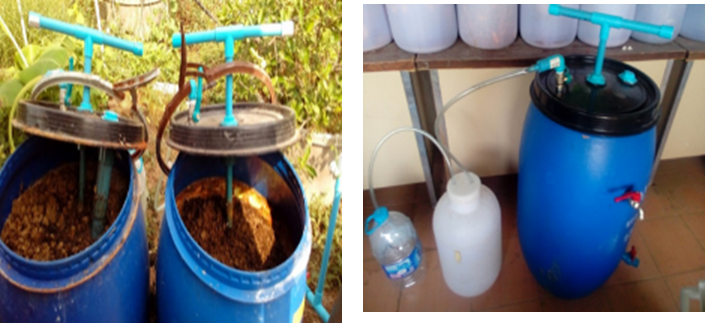
Fig 3 the gathering organic waste station for producing biogas and liquid fertilizer

Fig 4 Activities for making the compost
Inorganic waste treatment: The university is concerned about Inorganic waste treatment. Therefore, the university has a plan to eliminate inorganic waste to reduce the amount of inorganic waste. Upcycling, this project encouraged using the waste for recycling, developing and creating the new products. It also promotes creative design and innovation from leftover resources. Besides, this process is safe for health and environment. Degenerated wheels and broken cement or sanitary wares were used for vegetable and ornamental plants garden decoration in special events. The expired computers, printers, copiers and other electrical appliance were sold back to the purchased company.


Fig 5 The upcycle products made from recycle waste
Toxic waste treatment: The university divides the hazardous waste into two categories such as General waste: light bulb, battery, spray can, spray bottle and electronic appliances. Chemical waste: waste from reaction, expired chemical. General hazardous waste, this waste type was collected and waited for sending to a licensed company qualified for hazardous waste management every 3 months. The laboratory waste was classified according to chemical hazard. In addition, in collection, compatibility of chemical wastes also was considered. Finally, send all to a licensed company qualified for hazardous waste management every 6 months.
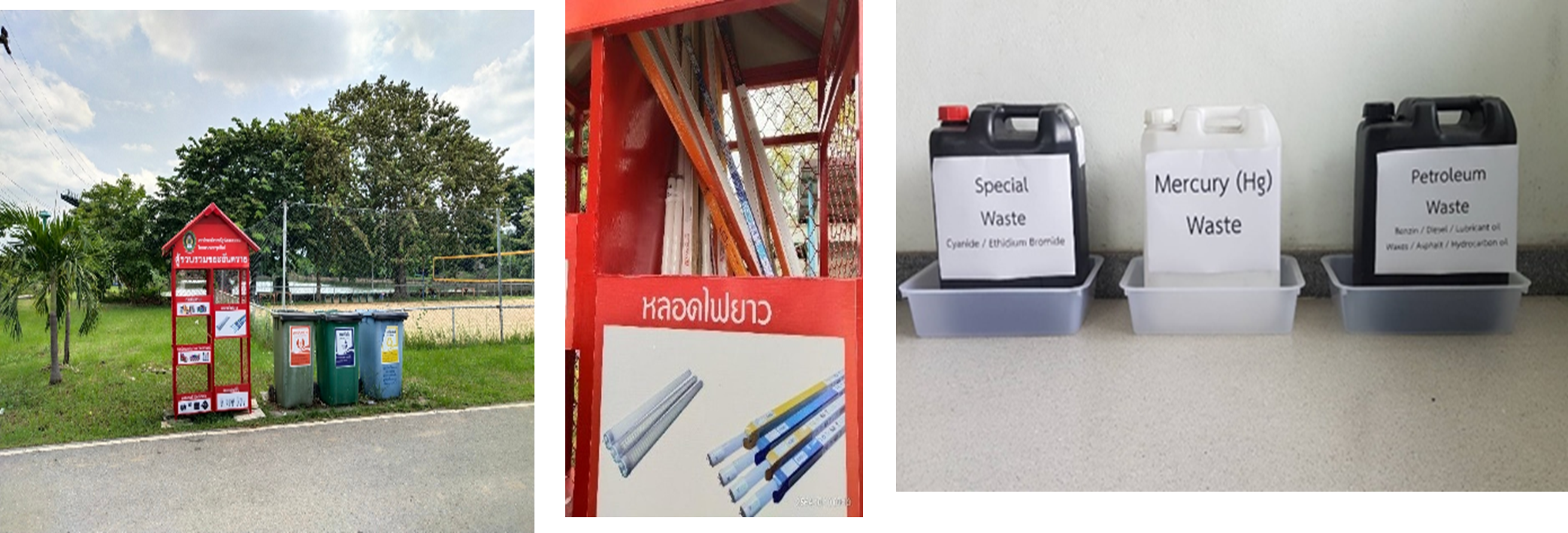
Fig 6 General hazardous waste and chemical hazardous waste collection


